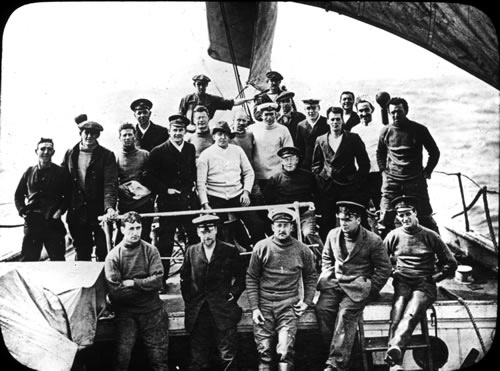
On the 8th August 1914, Sir Ernest Shackleton and his 28-man team set sail from Plymouth. Their mission: to be the first men to cross Antarctica by land.
The Imperial Trans-Antarctic Expedition was among the last of the “Heroic Age” adventures – a twenty-five year period of intense and rivalry between the world’s most respected explorers, each of whom was looking to claim a place in history.
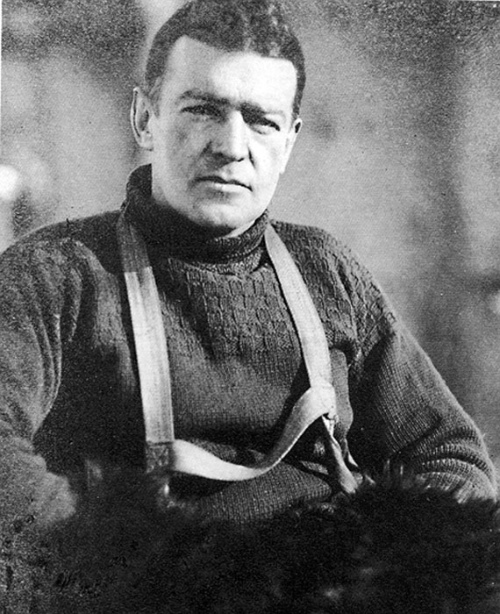
Shackleton, having already taken part in a number of Antarctic expeditions, and with help of a considerable amount of charisma and charm, managed to raise over £50,000 to finance the trip. £14,000 was spent purchasing an old Norwegian barquentine. She was renamed Endurance in honour of the Shackleton family motto, “By endurance we conquer”.
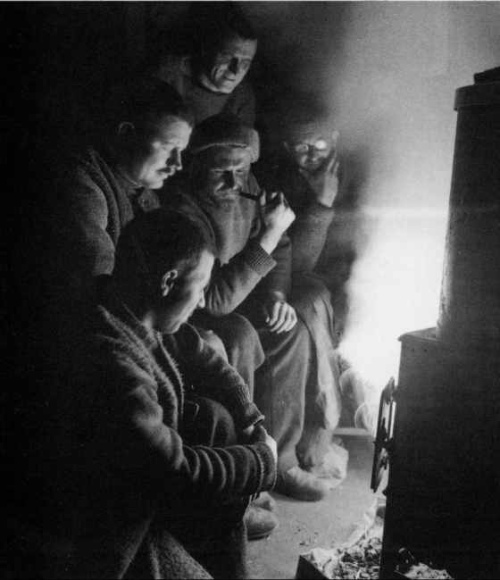
As you would expect, a substantial portion of the remaining funds were spent kitting out the crew, who would have to survive months in the most inhospitable of conditions. Reindeer-skin boots, woollen jerseys and heavy coats ruled the roost.
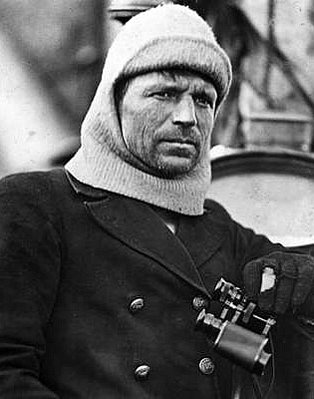

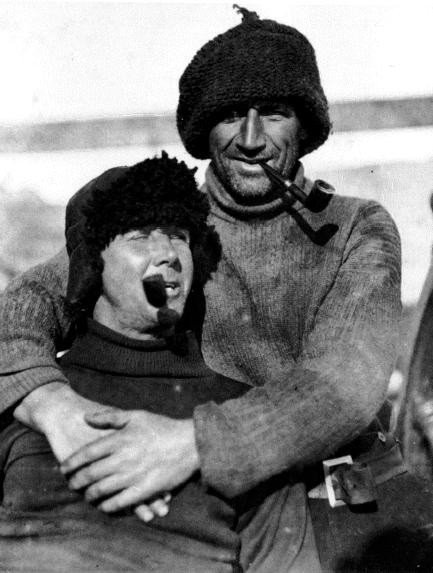
What made the ITAE so remarkable was not that it was a success, but rather the heroic deeds that accompanied its failure.
Six months after leaving England Endurance became locked in pack ice off the coast of Antarctica. The men were forced to abandon the ship when, under immense pressure from the ice, she became too dangerous to live in. Eight months later they watched on, helplessly, as she was crushed to pieces. They were now stranded hundreds of miles from dry land, with scant belongings, food and vital provisions.
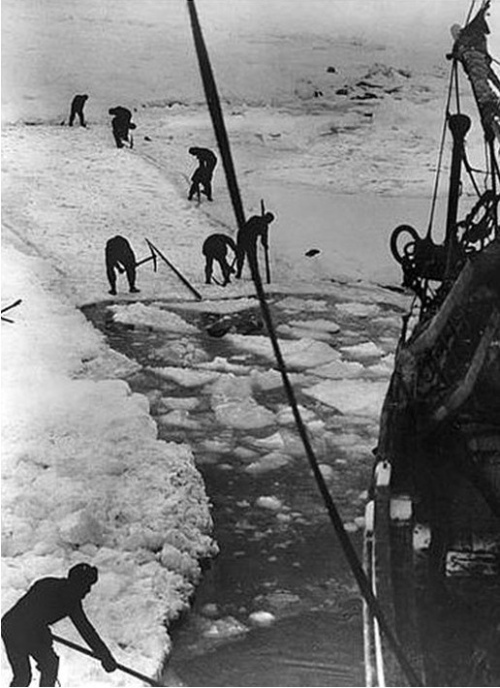

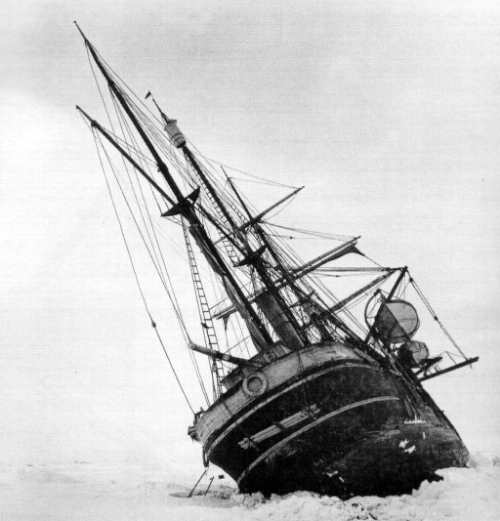
The men spent more than a year living in makeshift camps that drifted with the ocean currents. On 15th April 1916, after several aborted attempts to traverse the ever-shifting pack ice the men, exhausted, sodden and dispirited, finally reached land. Many of them were suffering from the cold and few provisions remained. Shackleton desperately needed to find help.
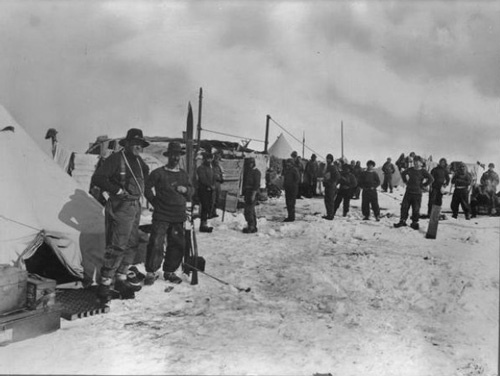
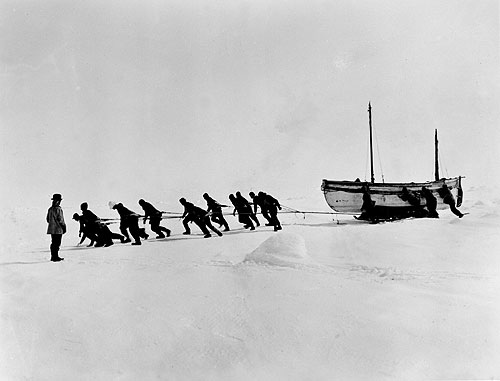
Unfortunately, the land they were now on, Elephant Island, was a barren rock far from the nearest human settlement on South Georgia island. In order to save his men, Shackleton would have to cross 800 miles of fierce Antarctic seas, relying purely on the navigational skills of Endurance’s former skipper, Frank Worsley, to get him there in one piece.
Amazingly, that is exactly what happened.
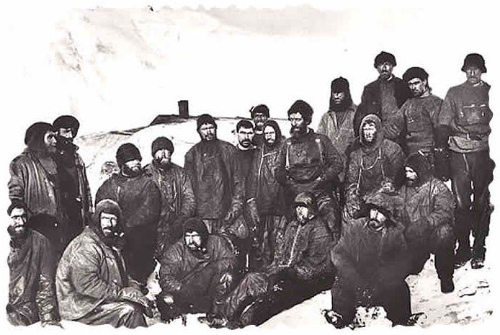
On 24th April Shackleton and five members of the party – including Worsley – set off from Elephant Island aboard the James Caird – the least battered of the remaining lifeboats. Over three weeks later, they finally landed on the southern coast of South Georgia.
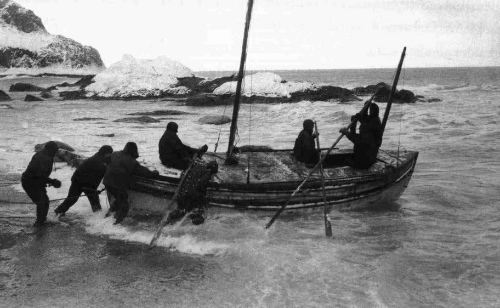
But that was not the end of their troubles: Stromness – the Norwegian whaling station where they hoped to find help – lay on the other side of the island. Reaching it would mean either another long voyage in the James Caird or an overland trek across uncharted territory. Both options were fraught with danger, but, after taking into consideration the dilapidated state of the James Caird, they decided on the latter.
On 18th May Shackleton, Worsley and Crean – an Antarctic veteran who had taken part in Scott’s ill-fated Terra Nova Expedition – set out for Stromness on foot. They travelled both night and day, at one point sledging hundreds of feet down a mountainside – a decision that could easily have cost them their lives. On 21st May they finally reached Stromness. They were, finally, safe. A whaling ship was promptly despatched to pick up the three men who had remained on the other side of the island. Now all Shackleton had to do was rescue the 22 men left on Elephant Island.
On 30th August, following a number of aborted attempts, Shackleton finally managed to save his men. Amazingly, all of them were alive and well. Their rescue remains one of the greatest stories of survival, courage and determination ever told. It is an inspiring piece of history that reminds us that, no matter how great the odds, determination and the need to succeed will drive us to achieve the impossible.
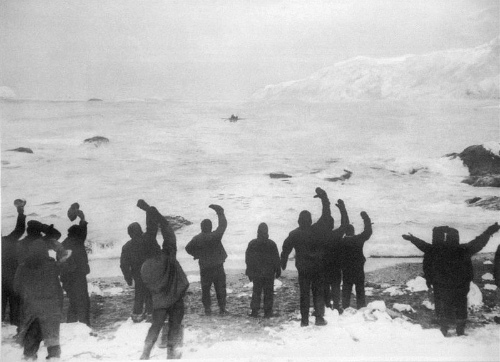
Websites:
- Articles from the Imperial Trans-Antarctic Expedition (Scott Polar Research Institute)
- The Imperial-Trans Antarctic Expedition (Wikipedia article)
Books:
- “South” by Ernest Shackleton (free download from Project Gutenberg)
- “Endurance: Shackleton’s Incredible Voyage” by Alfred Lansing (from Amazon.com)
- “The Lost Men: The Harrowing Saga of Shackleton’s Ross Sea Party” by Kelly Tyler-Lewis (from Amazon.com)